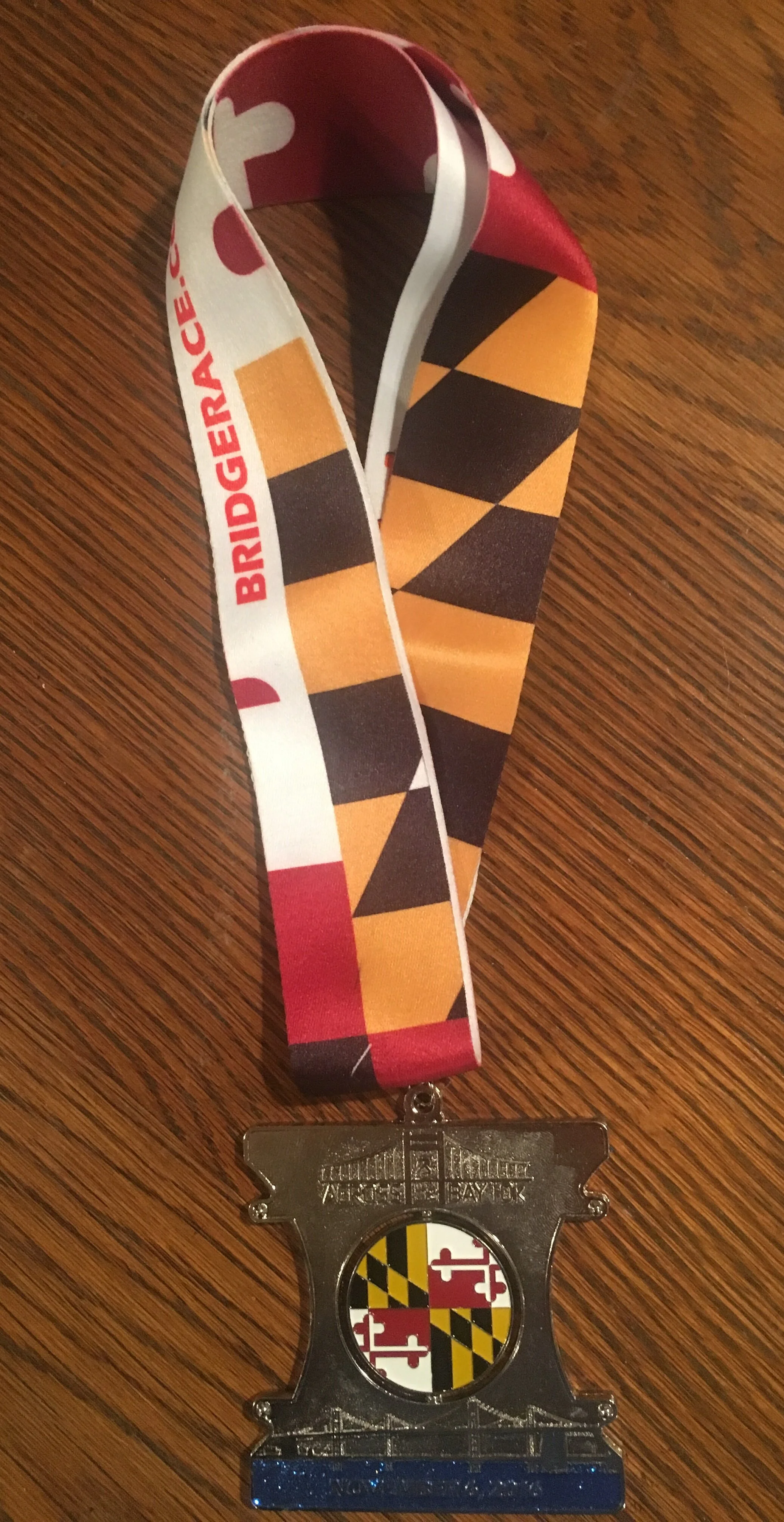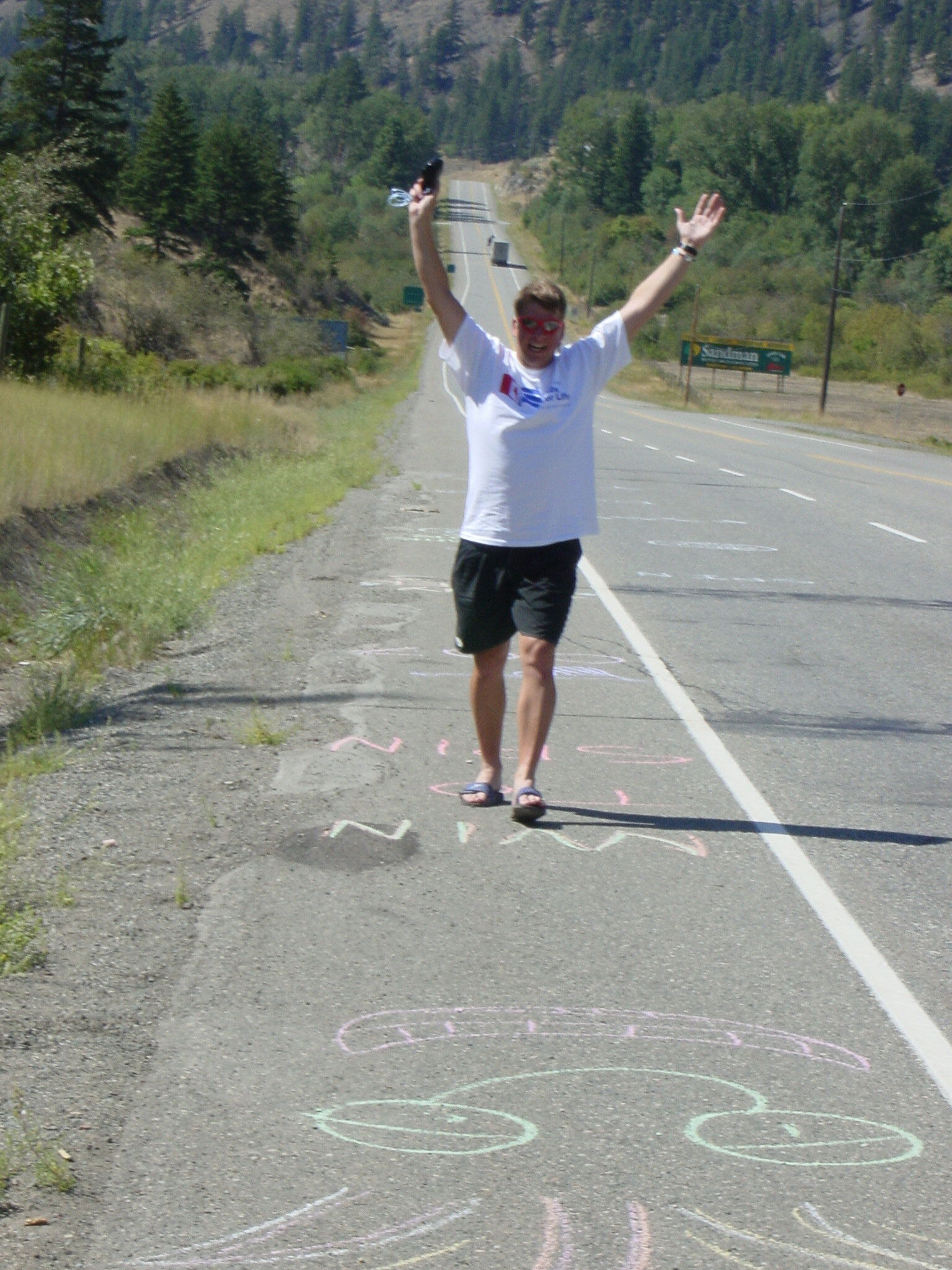Blog
Ironman, Marathon and More: It’s a life style
The life of a masters athlete…who has a life
15 "secrets" for your best race
It's not too early to ask, "How will I race this spring?" That is, beyond your training, what can you do to assure before and during the race that you race well?
Olympian learning
"To achieve in sports you first have to have a dream, and then you must act on that dream. The best athletes are those who truly enjoy what they are doing and display a tremendous amount of work ethic. They continue to persevere in spite of setbacks, and never lose sight of their ultimate goal." - Dianne Holum
Snow fun run!
When other runners tell me they will not run in the cold and the snow or at least don't want to, I tell them that they are missing great running.
Make 2017 your best running year
On the spectrum of runners, where are you? If you are not just a jogger, it's likely that you want to take your running to the next level in 2017. Never fear, improvement is easy if you focus on the right areas. Here's what has helped me and many others up our running game - six areas with specific steps that are likely to help you improve greatly in 2017.
Don't be a "resolutionist"! Let's plan our 2017 running
This is the time of year I plan my running, swimming and biking for the year ahead. Out of this planning comes a set of races I am targeting and a detailed daily training schedule (sometimes laid out for a half year at a time) to put me in the best position to succeed in my target races, as well as to yield the fitness, well-being and overall enjoyment I get from running and multi-sport.
Serious fun
To call me "serious" about running (or triathlon)? That sounds too much like how one approaches a job. Running and triathlon are not my job (except when I am paid to coach athletes - and that's about their running, swimming and biking, not mine.) Running and triathlon for me are, as I tell those whom I coach and help, fun.
The cruelest distance
It’s the one distance I don’t know how to race. Never have figured it out. As suggested by legendary running coach Jack Daniels, it’s “the cruelest distance.”
After the race
Having raced maybe 320 times in marathons and shorter running road races, cross country races, duathlons, Ironman and shorter triathlons, and short track speedskating races including national championships, I know the "now what?" syndrome all too well.
Speed is my drug
I vowed that some day I would run as fast as Billy. After all, I had learned earlier as a small kid that rather than fighting, my better option was usually flight. I already had indications that I was a runner.
150 breakthroughs
Breakthroughs come in many, many forms. Here's a list (certainly incomplete!) of 150 ways in which masters runners and triathletes can break through limits, barriers and inexperience to reach new levels of fitness, racing success and mental focus.
Changing pace
By varying your workouts, changing pace and distance, and periodizing your training, you too can get to a new level of fitness and, if you have a goal race ahead, to the starting line prepared for a great outcome.
Running from the heat
Here in Annapolis, we have been burdened with hot, humid weather for most of the summer. Most runs have sweaty and slow, often more of a slog that a fleet-footed transit of the distance.
Self inflicted
Sunday after the 10 mile race I was hungry, thirsty, sore and tired. Yesterday I was achy, a little stiff and still sore, had a raw throat and continued to want to eat. Today there is less soreness but clearly I am still recovering.
Exceeding expectations
Today's Annapolis 10 Mile Race was supposed to be a "catered training run" to help prepare me to run faster miles in the hilly Baltimore Marathon in October. I almost nailed my 9:20 target pace, running 9:21 per mile, which for a full marathon would give me a Boston Marathon qualifying result. (I need to beat 4 hours and 10 minutes; 9:21 pace yields 4 hours and 5 minutes.)
Always someone crazier
There is always someone crazier. No, not Donald Trump. I am talking about my fellow athletes.
Accepting "growing slowness"
Every long-term runner has to face a decline in speed, not necessarily straight-line with age, but however the growing slowness is meted out, mile times (and times at other distances) inevitably decline.
11.34 times across the US
I often get the question. I suspect most dedicated runners do, too. "Isn't running bad for your knees?" Or your feet or your hips? Likewise, as a triathlete I hear, "Isn't biking bad for your knees" and "Isn't swimming bad for your shoulders?"
We are capable of so much more than we ask of ourselves.
Let’s talk about what you are seeking in better training and racing, and how my coaching can help you improve.




















